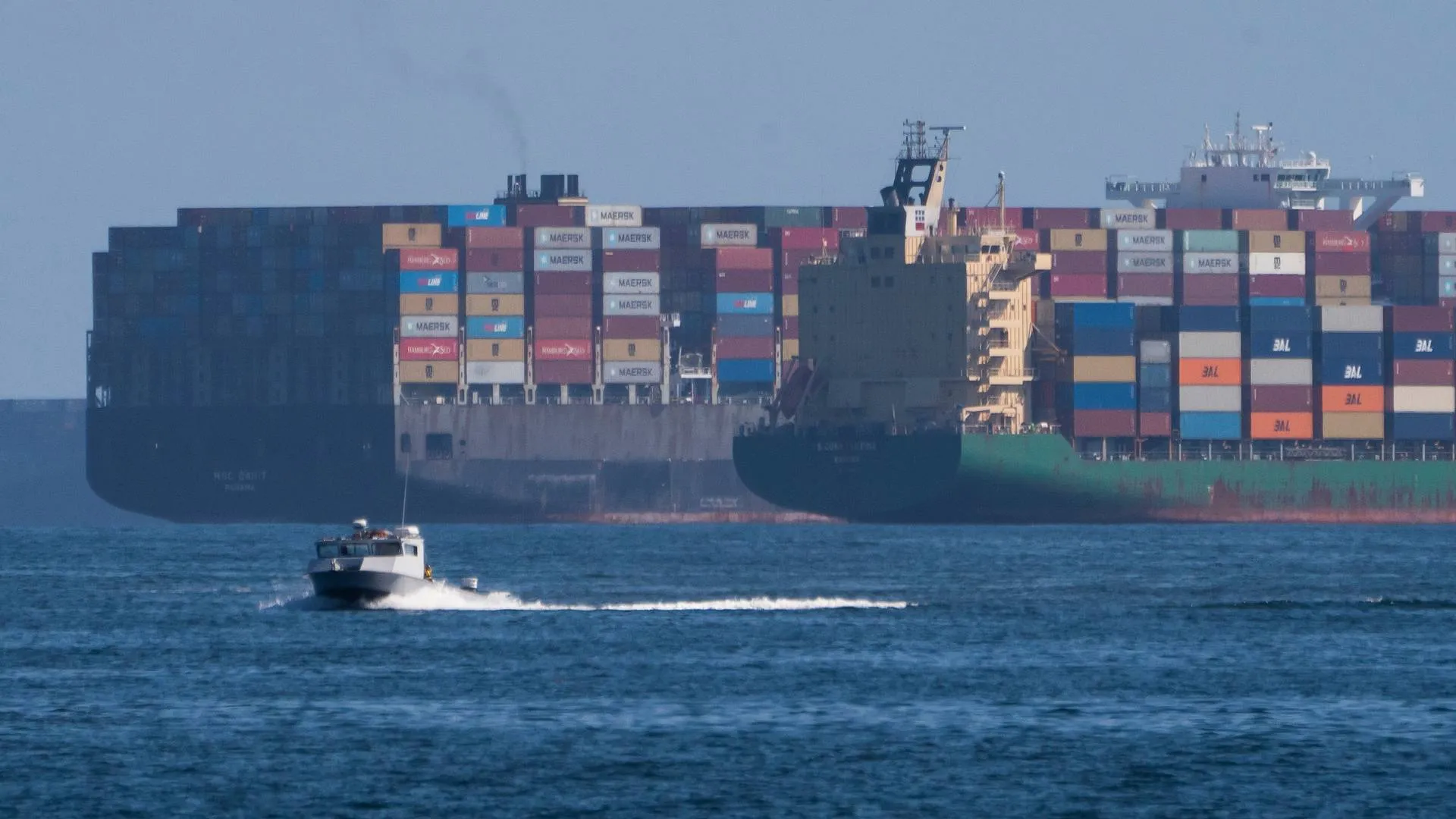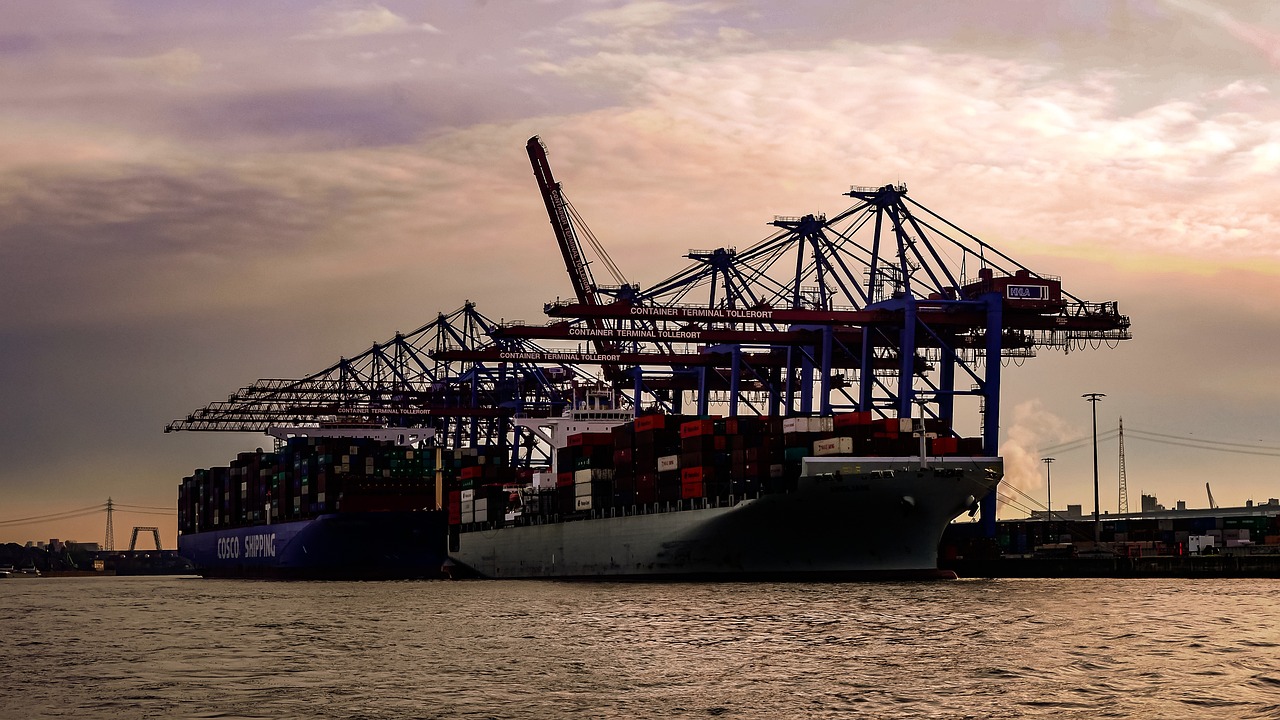MPCC signed contracts for two 1,600 TEU large-container vessels with the Chinese shipyard Fujian Mawei, with deliveries scheduled for the second half of 2027.
The total investment amounts to USD 66 million, with options for additional vessels, offering future scalability in line with market opportunities.
Each vessel has been chartered to a shipping company for eight years (plus an optional period of two more), and is expected to generate approximately USD 92 million in revenue and contribute around USD 54 million in EBITDA during the contracted charter period, providing substantial earnings visibility and also risk reduction.
The vessel features a state-of-the-art and fuel-efficient design, optimized for Northern European trade and its restricted channels. Its refined hull form, shallow draft, and high maneuverability ensure efficient operations, while energy-saving systems offer environmental performance.
This new building order is a continuation of the support for MPCC’s transition towards a modern, more efficient, and environmentally compliant fleet, reducing exposure to regulatory and environmental risks.
The project will be financed through a balanced mix of equity and debt, ensuring flexibility and a prudent capital structure. The newbuildings are expected to increase both earnings per share (EPS) and dividend per share (DPS) upon their delivery.
“We are pleased to mark a new step in the transformation of our fleet. This transaction is part of our long-term fleet renewal strategy, designed to generate sustainable value through modernization and optimization. It highlights our strong strategic position and our proven ability to execute value-generating deals and secure long-term charters with leading shipping companies, reinforcing strategic alliances, enhancing earnings visibility, and supporting disciplined growth,” stated Constantin Baack, co-CEO of MPCC.
“At the same time, we maintain a solid and flexible balance sheet with significant investment capacity, allowing us to advance our renewal program while remaining well-positioned to take advantage of market opportunities if conditions soften. We continue to view the supply fundamentals in our core segments as favorable, due to the comparatively low orderbook, where only 6% of the fleet is expected to be replaced in the next two to three years, while 24% of the vessels are already over 20 years old,” added Baack.




